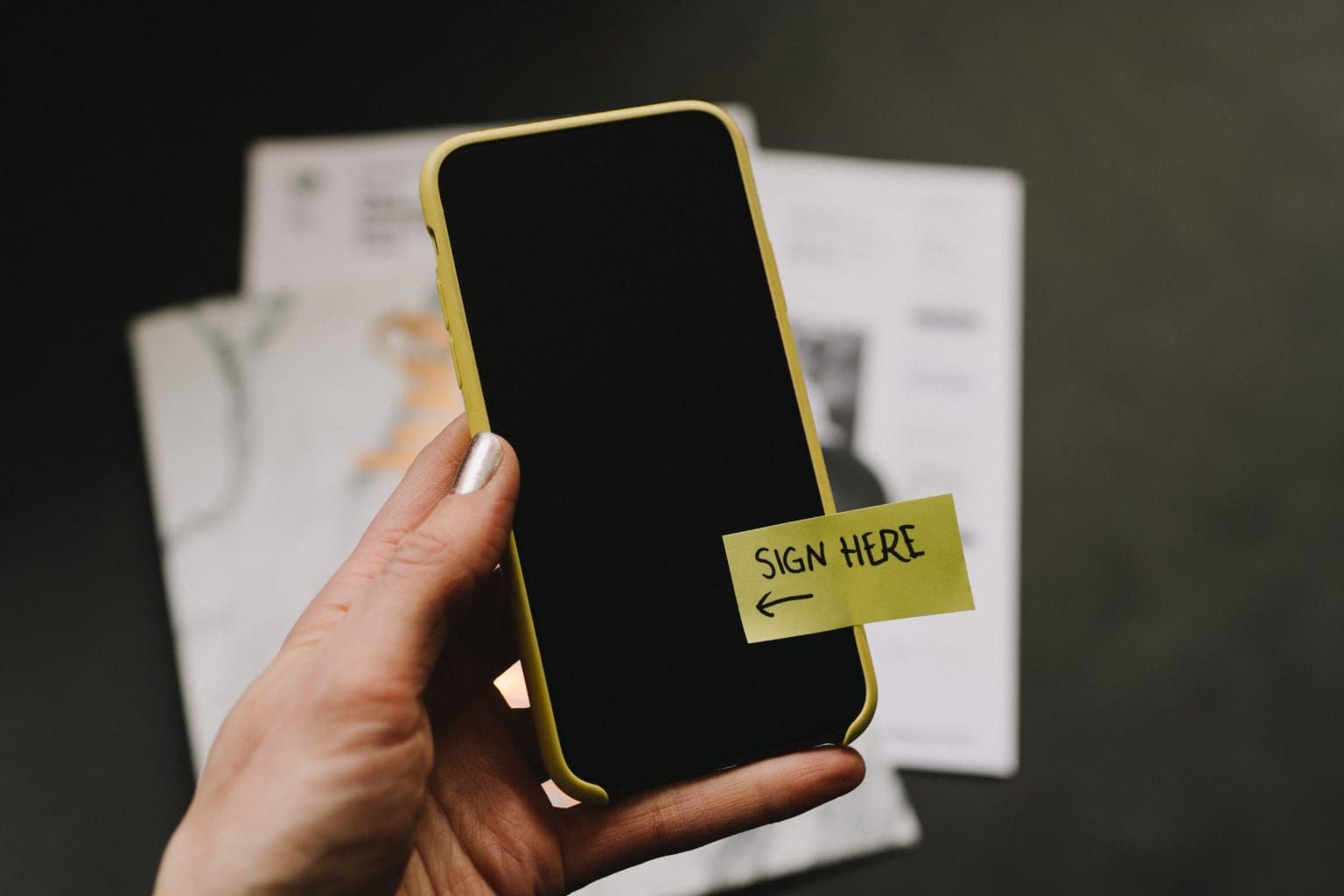With the global outbreak of the COVID-19 pandemic, the full economic impact on business needs to be critically considered. Especially for a country such as South Africa, that is still grappling with the effects of a recent technical recession. We are all very aware of the human toll that the virus has had on societies across the board. We have also seen the measures that various governments have put in place to try curb and gain some sense of control over the spread and intensity of the virus, by encouraging self-isolation during this pandemic.
“Taking the necessary precautions is vital, however, it is still very crucial to remember that every South African must do what they can to keep our economy going, during this time, as many businesses face the very real prospect of going under and closing down permanently,” says Maeson Maherry, chief solutions officer at LAWtrust Information Security.
Further states that “One of the ways to keep the economy going is to work remotely. There are many technologies out there that enable people to maintain a certain level of productivity and people should make use of these technologies. One such technology is signing documents digitally, using electronic or advanced electronic signatures.”
Many people are apprehensive about utilising such technologies, because they are under the impression that documents that are signed with a digital signature might somehow be illegal therefore illegitimate or that they are less enforceable in court which would then render them void.
This is a big misconception says Adv. Rian Schoeman, head of legal at LAWtrust, “The Electronic Communications and Transactions Act creates the concept of electronic and advanced electronic signatures. This enables South African businesses and individuals to sign over 99% of documents including contracts from the comfort of their computers and mobile phones and still have them be fully legal and binding.
These documents are completely enforceable in court.
Some examples of documents that can be signed electronically are:
- Sales and service contracts
- Employment contracts
- VAT invoices
- Insurance documents
- Internal company documents, letters and lease agreements
Schoeman adds that Advanced Electronic Signatures can be used by commissioners of oath and notaries.
“Many companies gear themselves up to work remotely only to realise when everyone is already working from home that they have not put measures in place to provide for legal and valid document signing,” says Maherry.
This could lead to major business disruptions and even the loss of major contracts. When signing documents, you need a convenient solution that will take care of the entire workflow process so that you can ensure that the right people sign the right documents with auditability and integrity, anywhere in the world.
Once you have equipped your business to be truly mobile through digital signing, you will not only be able to work remotely but bring true efficiencies, cost and time savings to your business. Which is ultimately the key in ensuring that your business functions at its optimum.
